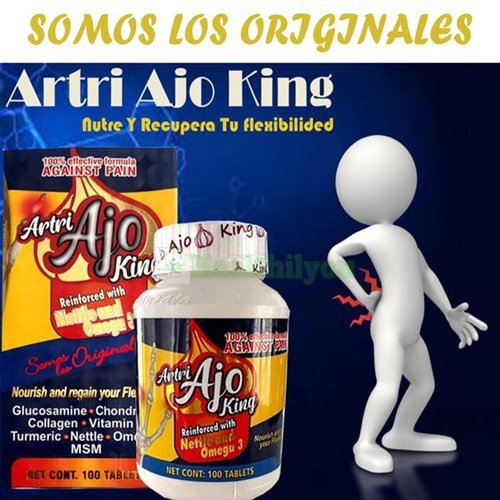FDA Warns Amazon and Walmart About Selling Misbranded Drugs
/By Pat Anson, PNN Editor
The U.S. Food and Drug Administration has issued another warning to consumers not to purchase or use dietary supplements marketed for pain relief under the brand names “Artri” or “Ortiga” due to potentially dangerous pharmaceutical ingredients. Use of the products has led to liver toxicity and at least one death, according to the agency.
The FDA issued its first first warning about the supplements in January and followed up with a second warning in April. The latest warning includes Amazon, Walmart and another retailer that continued to sell the supplements, which are marketed with claims that they treat arthritis and osteoarthritis, restore cartilage, and stop joint deterioration.
In a warning letter sent to Amazon last week, the FDA said it had purchased Artri and Ortiga supplements through its website and had them delivered through the company’s delivery service.
Laboratory testing confirmed the supplements purchased through Amazon contained diclofenac, a non-steroidal anti-inflammatory drug (NSAID), and dexamethasone, a corticosteroid used to treat inflammatory conditions.
Neither drug is mentioned on product labels, which list ingredients such as glucosamine and turmeric. The FDA warned Amazon that introducing or delivering a misbranded drug is a violation of federal law.
“Failure to adequately address this matter may result in legal action including, without limitation, seizure and/or injunction. Please submit a written response to this letter within fifteen working days from the date of receipt, explaining the specific steps you have taken to address any violations,” the FDA letter states.
Similar warning letters were sent to Walmart and Latin Foods Market, which had previously issued voluntary recalls for the supplements, but still continued to sell them.
It appears the Artri and Ortiga supplements have now been removed from the websites of all three companies. The supplements were being marketed primarily to Spanish-speaking consumers, with claims they are “highly effective in restoring cartilage” and “fights arthritis.”
Diclofenac raises the risk of cardiovascular events, such as heart attack and stroke, as well as serious gastrointestinal bleeding and damage. When used long term or in high doses, dexamethasone and other corticosteroids can result in serious withdrawal symptoms if a consumer suddenly stops taking them. Both drugs can also interact with other medications.
The FDA encourages healthcare providers and patients to report side effects involving use of the products to its Adverse Event Reporting System. .





